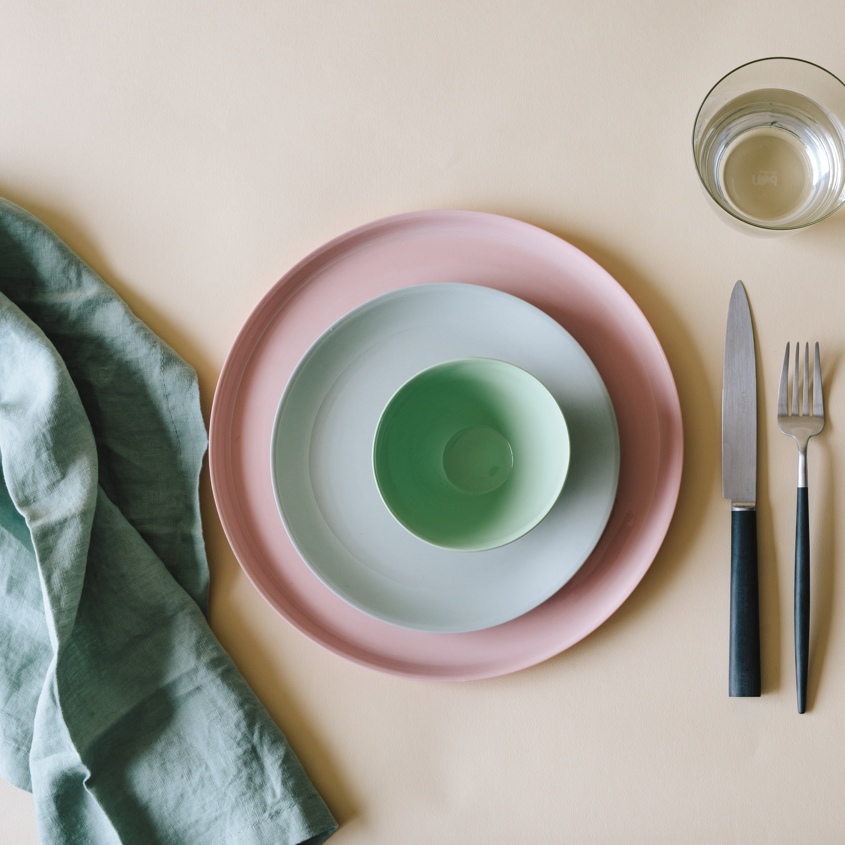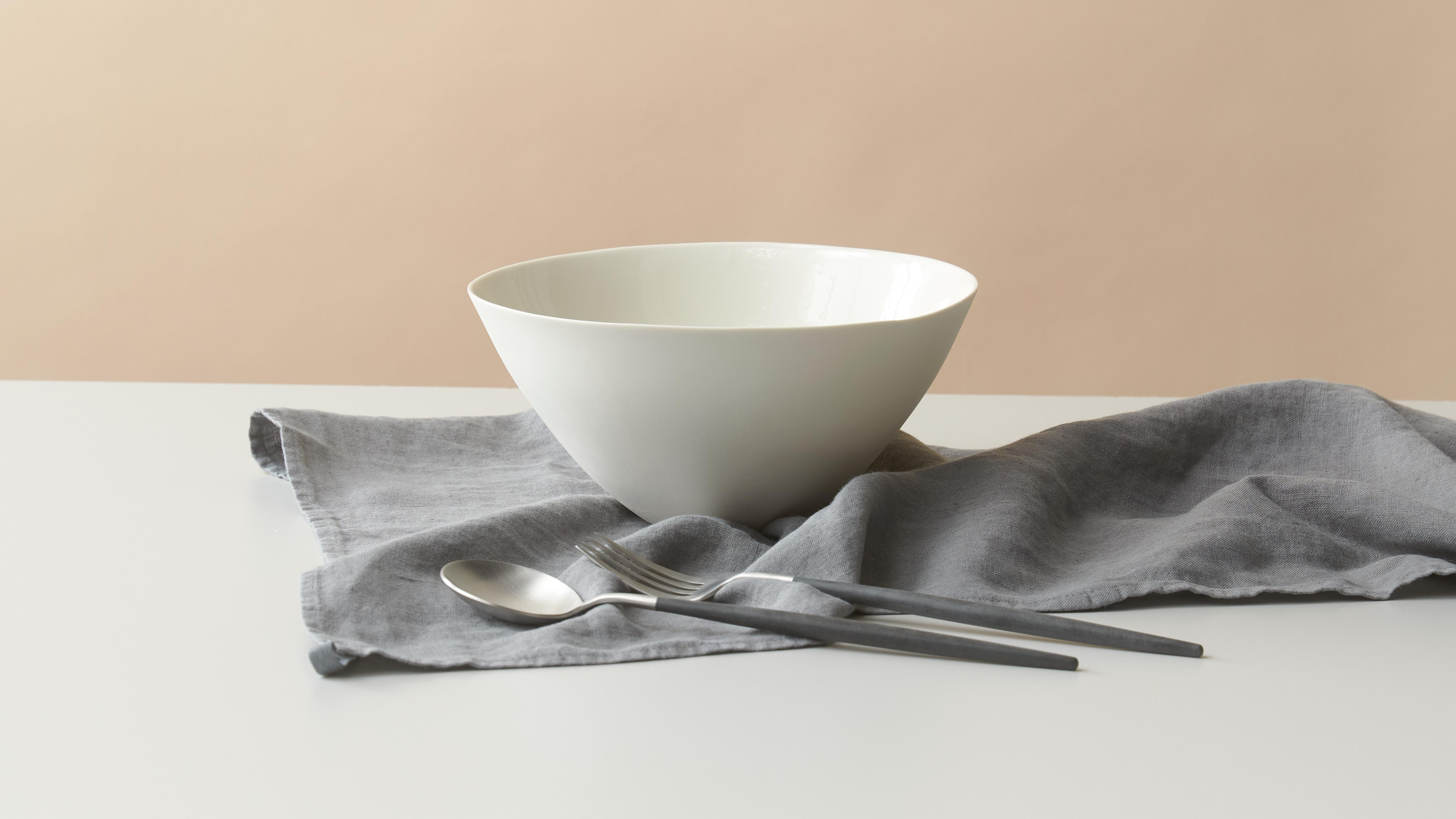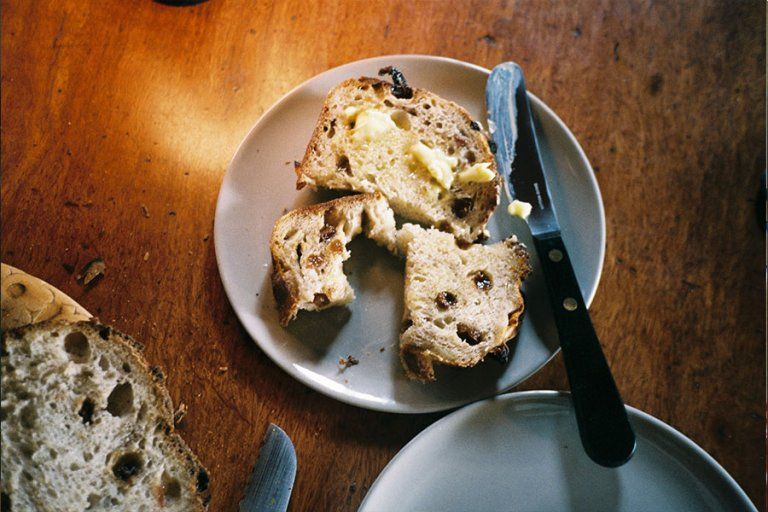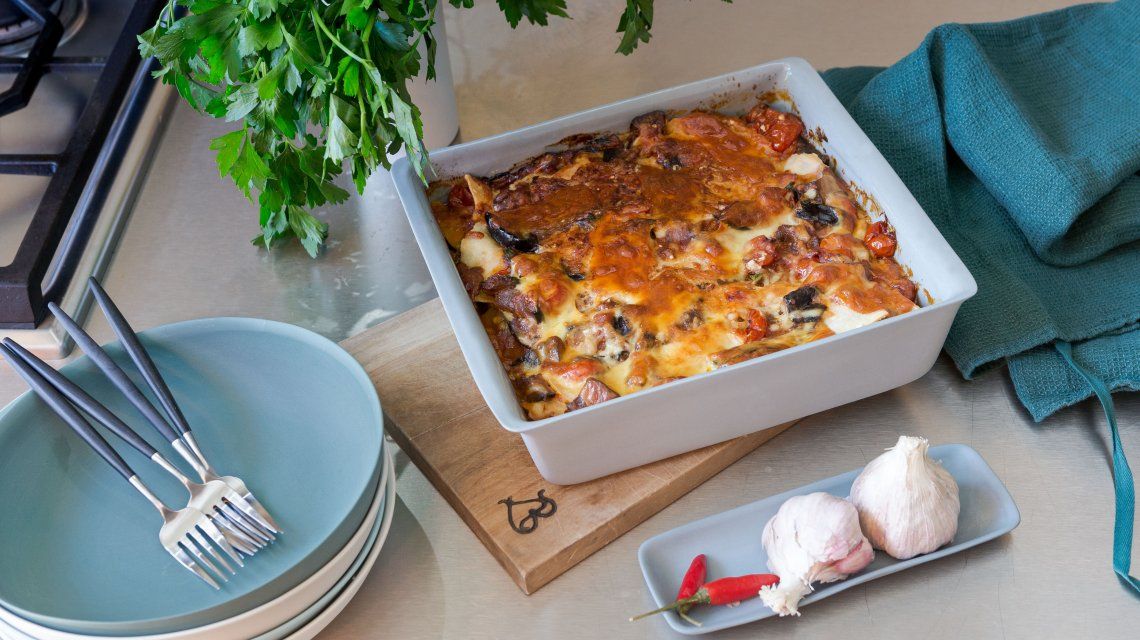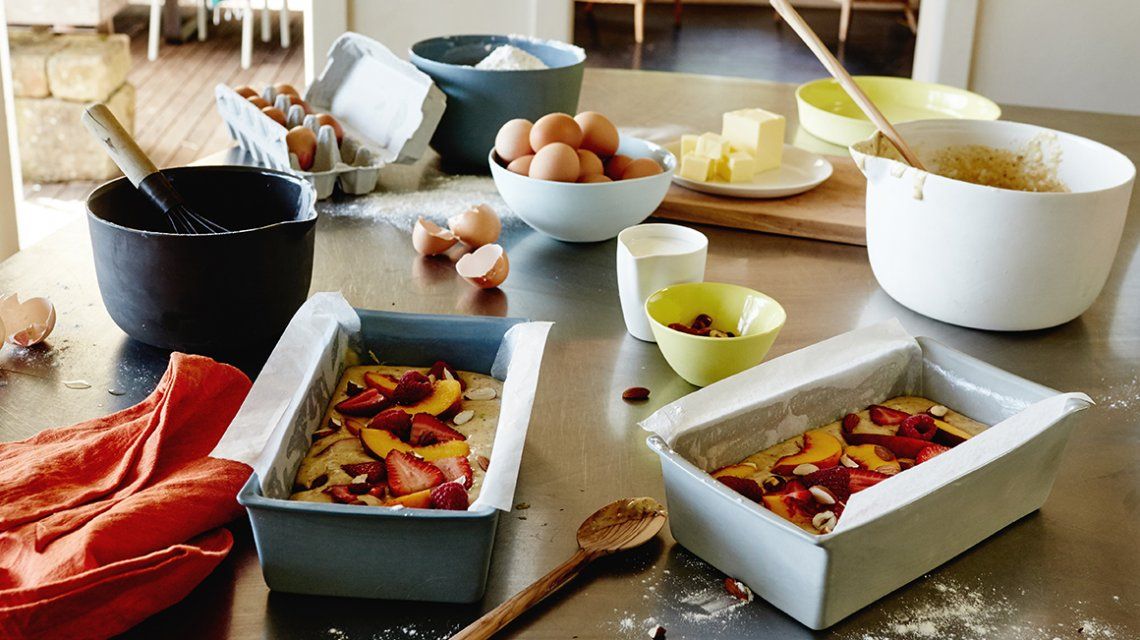Discover our unique collections, thoughtfully designed to suit every style and occasion.
Since 1994, Mud Australia has created elegant and timeless porcelain homewares.
The original Mud Australia store opened in Woollahra in 2007. Since then we’ve opened 14 stores globally.
Explore inspiration, gift registries, corporate gifting and gift cards.
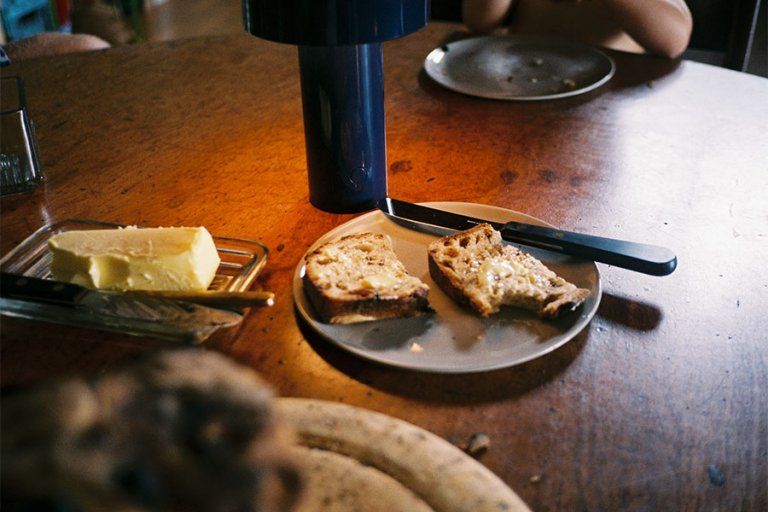
Carter Were is a cook and food writer based on Bundjalung Country, otherwise known as the Northern Rivers of New South Wales. Her Instagram @werebros shows inviting snippets into her idyllic, quiet life with her young family and the honest, mouth-watering food that accompanies it. For Easter, Carter has shared with us her Easter Fruit Loaf recipe, perfect baked and served in our Baker Small.
Ingredients
Starter*, 150g
White flour, 375g
Water, 300g + 15g
Salt, 10g
Cinnamon, 1 TBSP
Sultanas and/or currants 140g
Apricot, 4 halves from a tin sliced
Orange, zest from 1
*The starter needs to be active and ready to use. It should be bubbling and alive. Another way to tell is by dropping a small amount of starter in a cup of water: if it floats, it’s ready to use. If you don’t have a starter there is lots of info online about starting one.
Method
Weigh starter, flour and water in a big bowl. I start with the starter, add the flour then the water. Mix together with a wooden spoon until combined. Leave for 20 mins. Add the salt to the bowl and the rest of the water and squish it into the dough.
Add the remaining ingredients to the dough and mix until they are all folded through. I use my hands. Don’t overmix. They just need to be worked evenly through the dough.
Leave the dough somewhere warm to proof for about 2 hours, folding it every 30 minutes. This strengthens the dough. Think of the dough as a square and fold its four corners inwards over itself. If it is a cold day I use the oven to proof. Turn the oven on 50C for 5 minutes. Then turn it OFF and leave the bowl inside.
In 2 hours or so the dough will be light and stretchy. Drop the dough into a butter-greased 1 pound loaf tin lined with baking paper cut to size. Leave somewhere warm until the dough has risen 1cm away from the tin’s lip or until it looks puffy. If it is a cold day, use the oven method again. Store in the fridge overnight.
The next day, heat the oven to 220C with a fan. Sprinkle water over the top of the loaf and score it longways down the middle with a sharp knife. Don’t score the loaf right to it’s edges. Bake for 50 mins.
Once baked, take the loaf from the tin straight away before the crust goes soggy. Wait a few hours before slicing it, if you can.

